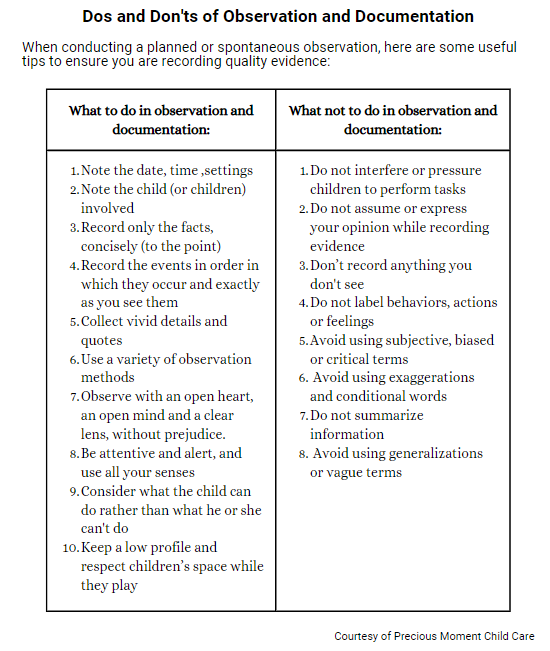Why is it important to evaluate young children?
The evaluation of young children is important for several reasons, as it provides valuable information about their development and well-being. Here are some key reasons:
Early detection of developmental problems: early evaluation can identify potential developmental, learning, or health problems early. The sooner these problems are identified, the sooner you can address and treat them, which can significantly improve long-term prognosis.
Early intervention: evaluation helps identify areas where a child may need additional support. Early intervention in these areas can help overcome difficulties and promote healthy development. The sooner the challenges are addressed, the greater the chances of success in the intervention.
Personalization of teaching: the evaluation provides detailed information about a child’s individual strengths and weaknesses. This information can be used by educators and professionals to adapt the educational approach and provide more personalized and effective learning.
Progress monitoring: regular evaluations allow you to track the child’s progress overtime. This is essential to evaluate the effectiveness of interventions and adjust strategies as necessary.
Information for parents: the evaluations provide parents with objective information about their child’s development. This allows them to understand their children’s strengths and challenges, facilitating effective collaboration with educators and health professionals.
Eases transition to school: early childhood screening can help prepare children for the transition to school. It provides useful information for educators about children’s individual abilities and needs, which can facilitate a smoother and more successful transition.
Talent identification: in addition to identifying potential challenges, evaluations can also reveal exceptional talents and abilities in children. This can guide the direction of their education and extracurricular activities.
Progress monitoring: regular evaluations allow you to track the child’s progress overtime. This is essential to evaluate the effectiveness of interventions and adjust strategies as necessary.
Information for parents: the evaluations provide parents with objective information about their child’s development. This allows them to understand their children’s strengths and challenges, facilitating effective collaboration with educators and health professionals.
Eases transition to school: early childhood screening can help prepare children for the transition to school. It provides useful information for educators about children’s individual abilities and needs, which can facilitate a smoother and more successful transition.
Talent identification: in addition to identifying potential challenges, evaluations can also reveal exceptional talents and abilities in children. This can guide the direction of their education and extracurricular activities.
In summary, evaluations in young children is a valuable tool for understanding their development, identifying areas for improvement, and providing the intervention necessary to maximize their potential.
Contribution of: Precious Moments Childcare






